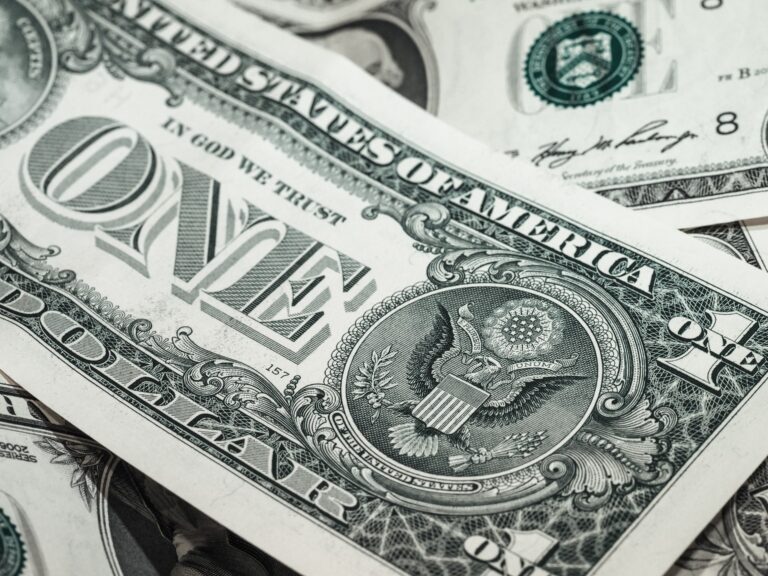
Morning Brief – 7th September
Constrained ranges across the board:
The Dollar managed to hold its inflated value yesterday amidst growing concerns that its position is growing increasingly unsustainable. Domestic monetary tightening has benefitted the Dollar immensely throughout 2018, however, the Dollar’s appreciation has been driven by trade war fear mongering and the result of a ‘defensive demand’; hence the constrained movement in safe-haven crosses, USDJPY and USDCHF. Ahead of August pay rolls data this afternoon, the Dollar trades mildly weaker. The Pound holds firm after UK Chancellor Hammond lets slip of the fiscal risk that a no-deal Brexit creates. The domestic currency also performed well as the rumour mill churned again yesterday afternoon. Consolidation in emerging markets continued to gather pace throughout the US and Asian trading sessions, with the European market continuing to afford value to the Rand and Turkish Lira.
- GBP: The coffers might get frozen. Fiscal constraint could be necessary in order to insulate and insure the domestic economy from the risk of a no-deal Brexit. Hammond incurs the wrath of Number 10 as proposals are leaked.
- EUR: Italian confidence moves from strength to strength as the yield on 10-year debt passes down through 3% with sustained momentum. An idiosyncratic diminution of risk pushes EURGBP back towards 0.90 equating to above 1.16 within EURUSD.
- USD: Stock market turmoil yesterday allowed the underlying US currency to appreciate, elongating its 4-month strong bull run.
- EM: The pace of consolidation and profit taking continues to accelerate with intraday strength recording close to 1% for two consecutive days.
Pound Sterling:
Town Crier:
Every media outlet across the UK and worldwide is attempting to get their news on Brexit to the foreground first. The problem? A plethora of fake and exaggerated reports that continue to thwart the complete progress of the Pound Sterling amidst positive UK sentiment. Yesterday’s episode of supposed Brexit news centred upon reports that UK Conservative Party MPs are pushing for a Canada-Style free trade agreement as increasing dissatisfaction with UK concessions to the EU upsets Eurosceptic members. Echoing the verified public words of Brexit Secretary, Dominic Rabb, it’s Chequers or nothing.
Hammond’s faux pas of an accidental leak of no-deal contingency planning may be landing him in hot water, but it seems far more temperate than the governmental position should a no-deal prevail. In the absence of May’s so-called Brexit dividend, public spending could face constraints inviting considerable public backlash on a campaign intrinsically linked with self-preservation and (health) spending.
The Euro:
Crunch Time:
The EU fundamentally yearns for a good economic performance from each of its constituent members. In the fiscal-monetary-legal architecture of the Union and Eurozone, little can be achieved in times of austerity and group solidarity prevails over individual national success. The fiscal risk in Italy therefore needs to be resolved and, increasingly, looks to be gaining recognition on the international stage. With elections in Sweden taking place this weekend, Monday could see havoc in the Euro. Whilst Sweden is not a member of the Euro, we are consistently reminded of the importance of the UK (also not a Eurozone member) to the stability of the Euro: implosion of the EU Bloc will not be pretty for the European single currency.
The Dollar:
Social Media Suffers:
Twitter and Facebook both lost close the 5% of their market value yesterday alone on the New York Stock Exchange and NASDAQ respectively. As representatives testified to congress, risk sentiment was fragile with US equity indices loosing considerable ground from their all-time highs. The sell off in energy stocks as oil prices tumbled also created turbulence. As risk sentiment deteriorated, a flight to cash instead of active investment allowed the greenback to appreciate. Payrolls data will be watched closely this afternoon, however, with a September US rate hike already fully priced into the market, fall out will be limited unless expectations are dramatically defied.
Emerging Markets:
Run, run as fast as you can:
Since its peak earlier this week, the Rand has gained over 3% against the Pound Sterling, 4% against the US Dollar and 3% against a stable Euro and isn’t looking back this morning. However, investors continue to forewarn the peril that can still face emerging markets. The move over the past few weeks and months has been considerable enough in technical terms to declare a bearish phase to emerging market assets. The next few trading days will be crucial to determine whether the consolidation is fleeting, and therefore purely to test the conviction of emerging market bears, or whether markets are marking out rock bottom.
Related Insights

Daily Brief – Gold
Gold With Gold accounting for the second highest proportion of Central Bank reserves after the USD and the mood music shifting to it assuming a greater influence on future reserves management, it is worth looking at the numbers behind that. In the 1960s, Central Banks held the highest amount historically of 38,000 tons of gold. […]

Daily Brief – US Dollar
US Dollar Markets not liking POTUS pontificating on the Federal Reserve’s interest rate policy on Wednesday, and less still on his view about the competence or otherwise of Chairman Powell. Given the past few weeks, the betting is that Powell’s time is over either being replaced or having a Trump nominee second guessing him but […]

Daily Brief – NATO
NATO This week sees the 32 member countries of NATO convening in The Hague for the annual meeting which this time unsurprisingly is going to attract rather more in the way of news coverage than it has in previous years. The ECFR or the European Council of Foreign Relations has just completed a poll of […]


 Humphrey Percy
Humphrey Percy